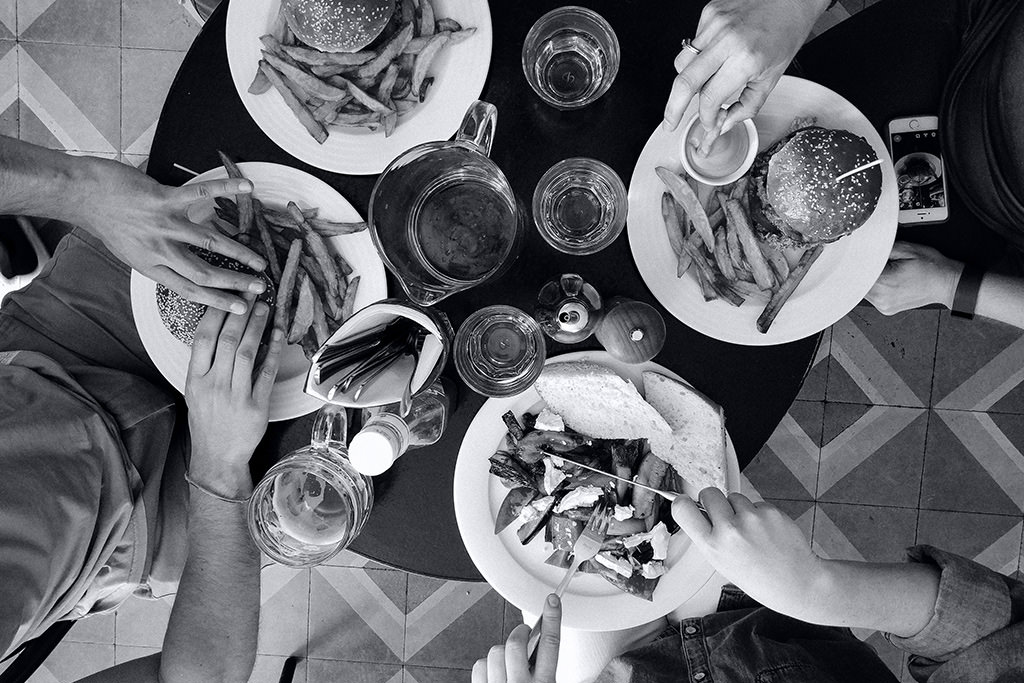
Millennials gave rise to Fast-Casual, Delivery, and Home Cooking
Last year we heard much buzz about all the industries the millennials are killing. And Boulder saw the closure of several casual dining chain restaurants like Olive Garden, Chili’s, Applebee’s, and Old Chicago. True, the Millennials’ changing values, mounds of college debt, and job-limited economy are driving changes for many consumer industries.
But we are also seeing the birth of new industries and have to ask, what opportunities are beingcreated by the changing tastes of millennials?
Millennials gave rise to Fast-Casual
Millennials continue to dine out, but gravitate towards what is called fast-casual dining, exemplified by hallmark brands like Chipotle, Panera Bread, and Five Guys. In fact, Colorado is known as a popular testing ground for fast-casual restaurant concepts. This can be accounted for by affluent millennials, who show a preference for fresh, healthy, and fast for their busy lives and who, by the way, are flocking to the area.
In 2013, three markets in Colorado had the highest concentration in the nation of fast-casual restaurants per capita: Fort Collins-Loveland had 13.14 locations per 100,000 people; Denver had 12.76 per 100,000 people; and Boulder had 12.53 per 100,000 (the national average is 5 per 100,000). In 2015, McDonald’s tested a fast-casual concept in Aurora, the results of which led to the chain’s touch-screen ordering concept, successfully rolled out in 2016.
Consider just some of these Colorado-born fast-casual restaurants: Chipotle Mexican Grill, Noodles & Company, Qdoba, Garbonzo Mexican Grill, Smashburger, Larkburger, and Einstein Bros.. A handful like ModernMarket, Illegal Pete’s, and Motomaki have launched their concepts right here in Boulder. According to the Washington Post, the fast-casual industry grew by 550% from 1999 to 2014.
Another major shift in food trends includes delivery. Quickly growing companies like DoorDash are expanding sales in off-premise dining. Many grocery stores have also entered the dining market with in-store restaurant offerings. Colorado-based Biju’s Little Curry Shop operates two different locations inside Whole Foods stores (while also offering delivery in conjunction with Foodee).
Grocery stores have capitalized on Millennials’ growing preference for cooking at home. Since 2008, food prices have dropped and many budget- and health-conscious millennials show a preference for home cooking. Increasingly popular services like Blue Apron and Boulder’s The Organic Dish offer home-delivered meals kits, bridging the gap between the budget-conscious home cook and the affluent, health-conscious cook.
What do the changing tastes of Millennials mean for commercial real estate investors in Boulder?
For commercial real estate investors and property owners in Boulder and Colorado, all of this is means that change and adaptability are going to be a necessity. There is a large pool of potential tenants conforming to these generational trends for landlords to capitalize upon. In order to thrive, many retail centers once filled with declining industries have begun targeting business that need smaller restaurant footprints, promote healthy living, or are service-based businesses. Boulder centers like the Table Mesa Shopping Center, located at the Corner of Broadway and Table Mesa, which was once home to Savers Thrift Store and Theatrical Costumes, now house Lucky’s Market, Sweet Cow Ice Cream, and fast-casual restaurant Snarf’s. The center also added 300 new bike parking spaces to make the center more accommodating to the neighborhood. All of this proving that there are still plenty of tenant opportunities, but with a new millennial twist.
